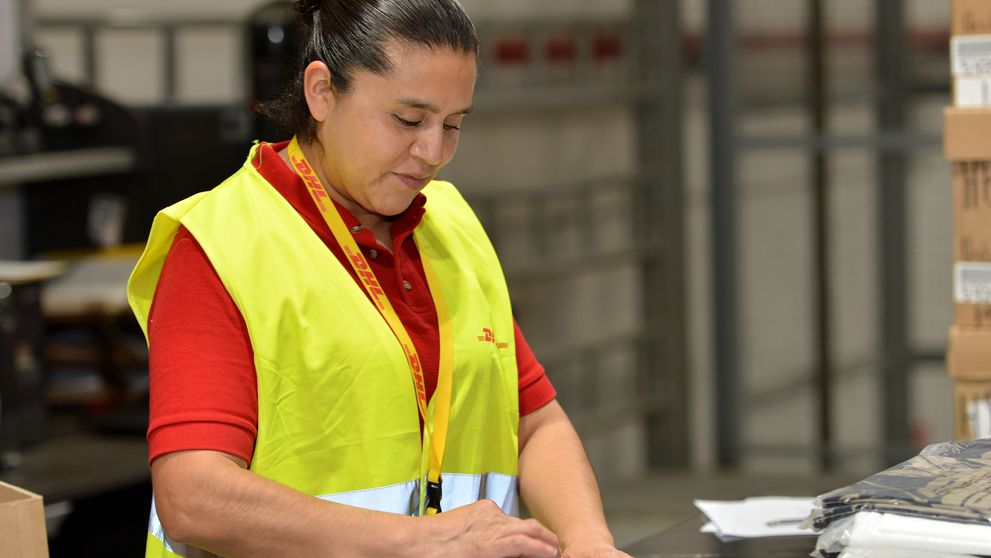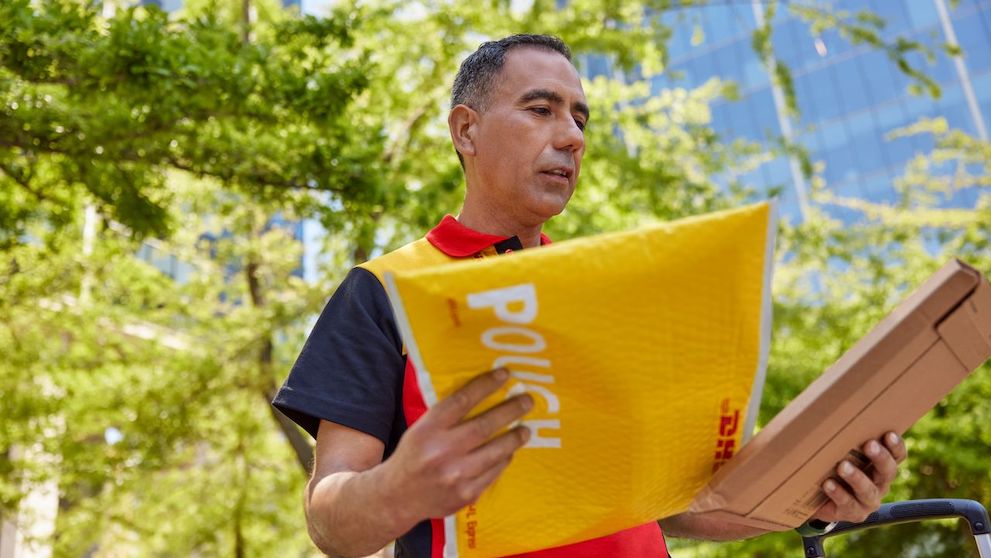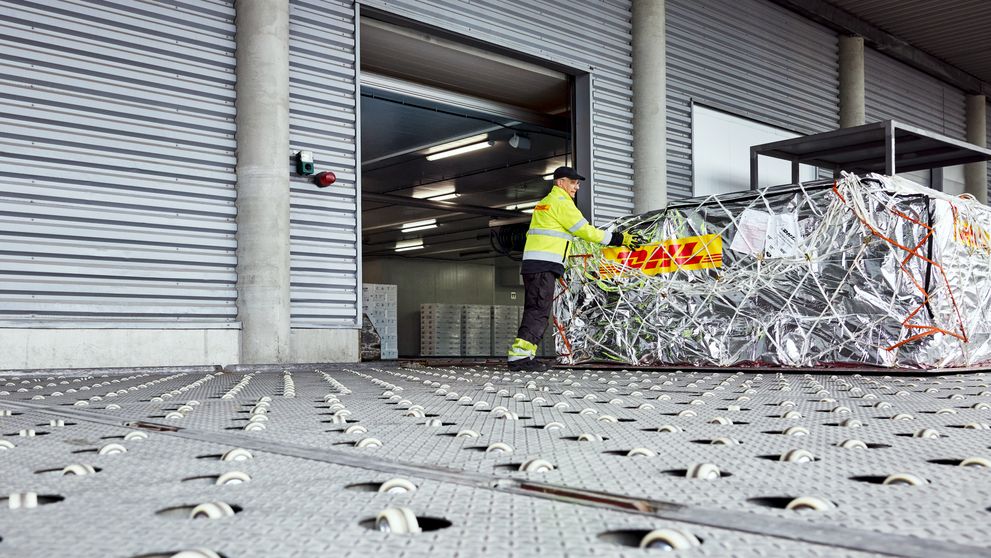Data from the General Department of Vietnam Customs highlights that the country’s garment material imports in first half of 2022 reached 14.71 billion USD, representing an 8,7% increase against same period of previous year. The major contributors to this uptick in imports include China, Taiwan, South Korea, and the United States. For apparel importers looking to ship textile and clothing from overseas into Vietnam, understanding and adhering to the customs regulations is essential.
This involves a comprehensive preparation of shipping documents for import, accurate classification and valuation of shipments, and compliance with specific import protocols. By meticulously planning these aspects, businesses can mitigate the risks of shipment delays, avoid penalties, and ensure a smooth, expedient transition of goods through customs. If this is your first time shipping clothes internationally into Vietnam, here’s what you need to clear customs clearance:
Complete and accurate waybill and invoice details
An air waybill acts as a contract between the shipper and the carrier, specifying the terms of the cargo’s transit, while commercial invoices or proforma invoices detail the transaction between buyer and seller, including the goods and the terms of the sale. These documents must be accurate and comprehensive as they are the primary sources customs officials refer to when processing entries.
It is essential to provide a precise description of the goods, including their purpose, components, and origin. This information enables customs authorities to understand the shipment's contents and assess it against legal and safety regulations.
Correct identification of the Harmonised System (HS) code is also mandatory. Fabrics, due to their varied nature – encompassing everything from raw textile materials like cotton, silk, or wool, to complex synthetics and woven fabrics – have a broad range of HS codes.
Further, declaring the true value of your shipment is crucial, even for sample shipments. Under-declaring the value of goods can result in penalties or seizure of the shipment. In cases where a shipment contains multiple commodities, they must be clearly listed and described to facilitate an efficient inspection process.
Special requirements for garments
The import of garments generally requires the Description and Component specified. For finished goods samples, it is imperative to include the Brand Name and Model to authenticate the product's identity. In the case of prototype samples, it is mandatory to specify if the item is Mutilated, bears a “Sample” stamp, or has a hole.
Proper declaration of items is essential to prevent customs hindrances. An acceptable sample entry for garments might read: "Men’s T-shirt, 100% cotton, Brand ABC, Model XYZ, stamped ‘Sample" – clearly indicating the item’s nature and purpose.
Special requirements for fabrics
For fabrics, the Brand Name must be declared in addition to the Description and Component. The physical dimensions are crucial; if the fabric is quantified in metres or yards, the Width must be included.
Conversely, fabrics quantified in rolls require information on both the Width and Length. These specifics aid customs authorities in ascertaining the exact nature and quantity of the product for appropriate duty and compliance evaluations.
For fabrics, an acceptable example declaration would be: "Woven fabric, 100% cotton, Brand ABC, width 1.6m, 50m/roll." It's important to note that if the fabric is sold per metre or yard, providing the width is adequate. Inadequate descriptions, missing information, or failure to meet the specified requirements render a fabric declaration unacceptable.
Additional shipping documents for import into Vietnam
Beyond the standard shipping paperwork, the following documents are also integral to the customs clearance process, serving to validate the legality, safety, and compliance of the goods entering Vietnam. These may include:
- Business licence: This is a fundamental requirement that proves your company is legally recognised and authorised to operate within Vietnam. It's an assurance to the authorities that your business activities are legitimate and that you're accountable to the local business laws and regulations.
- Certificate of inspection: For many imports, a Certificate of Inspection is required. This document confirms that the goods have undergone and passed requisite inspections, typically concerning quality, safety, and regulatory compliance.
- Commitment letter: A formal assurance from the importer outlining specific conditions or actions, as required by customs or other authorities.
- Guarantee letter from brand/copyright owner: If importing branded goods, this document proves you have permission from the intellectual property holder to use their trademarks or copyrighted materials.
- Import licence and import permit: The necessity of these documents can vary based on the product type and quantity.
Preparation in these key areas, ensuring accurate, comprehensive documentation and adherence to local requirements, can significantly streamline the customs clearance process, preventing costly hold-ups and legal complications.
1. Haiquan





















